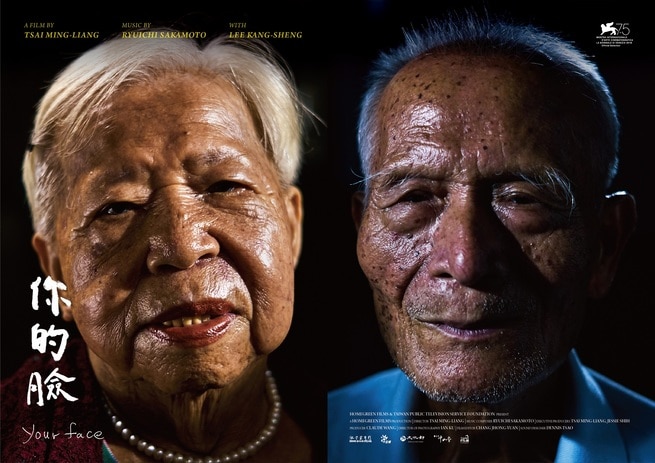

While I don’t require every book character to learn a Grand Lesson, I did wonder why Cha chose this segment of time in these characters lives. Their circumstances were not vastly different at the conclusion of the novel. With the exception of Miho, none of the women seemed to change very much from the beginning to end. The girls each had an interesting backstory that was slowly revealed in their various sections but the present day action was somewhat minimal and what there was felt so inevitable that there was very little surprise in what happened. While the book is interesting and didn’t take me long to read, it felt like it was missing something. Miho is described as naturally beautiful but mostly unaware of her own physical body and largely uncaring of her looks. At the beginning of the novel Sujin has jaw surgery in order to reshape her face. Kyuri is described as stunningly beautiful but her beauty is a result of major surgery and continued and involved upkeep. The power of it, how to gain it, and what it doesn’t provide. This serves to show the widening divide between generations, how the younger generation has no desire for marriage or parenthood, flocking instead to the city where they strive for dreams always just out of reach.īeauty is central to the novel.

In fact, Kyuri is the only one still in contact with her mother, who has no idea what her real job is. She lives in the same building but is slightly older, married, desperate to become a mother but existing on the verge of poverty and also haunted by an unhappy childhood. Wonna is our fifth character, on the outside of this quartet. Her roommate and childhood friend is Sujin, completely focused with changing her physical appearance so that she too can become a room salon girl. She exists in a sort of suspended childhood but also shows more wisdom than some of the other girls. Ara is mute, silenced in a traumatic incident and obsessed with a K-Pop star. Now back in Korea she is haunted by the memories of a former friend and the complications of her current relationship with a much richer man. Her roommate Miho is an artist, abandoned by her family as a child she grew up to receive a scholarship and studied in the US. Kyuri is a room salon girl, a beautiful young woman who makes a living in an underground salon where she sits and drinks with wealthy men, and sometimes sleeps with them. Following five women who live in an apartment building in Seoul, Korea, it shines a light on the lives of young people, the disparity between the rich and the poor, and the Korean beauty industry. This was an easy-to-read and compelling, if somewhat flawed novel. If I Had Your Face – Frances Cha (Ballantine Books, 2020)


 0 kommentar(er)
0 kommentar(er)
